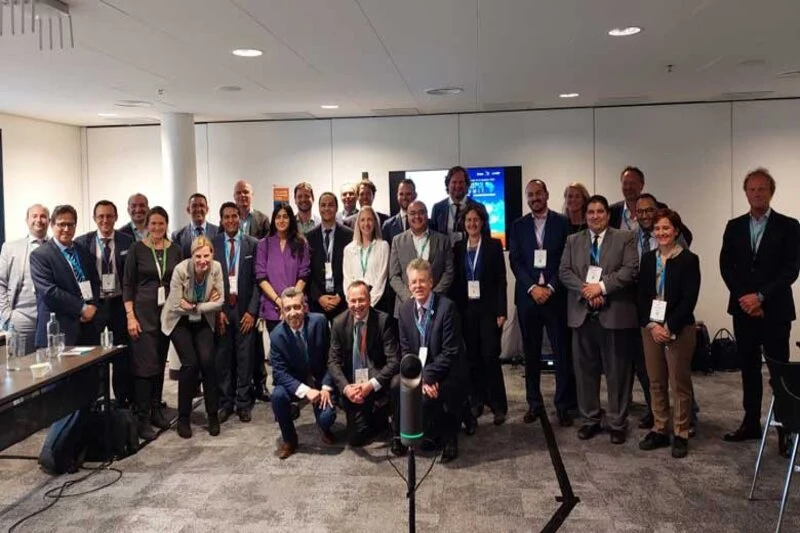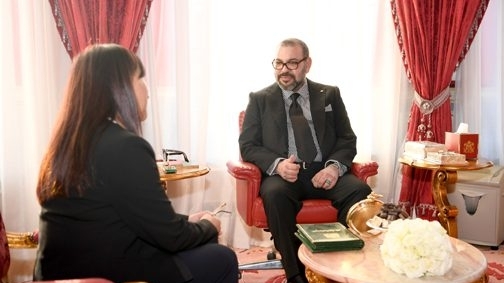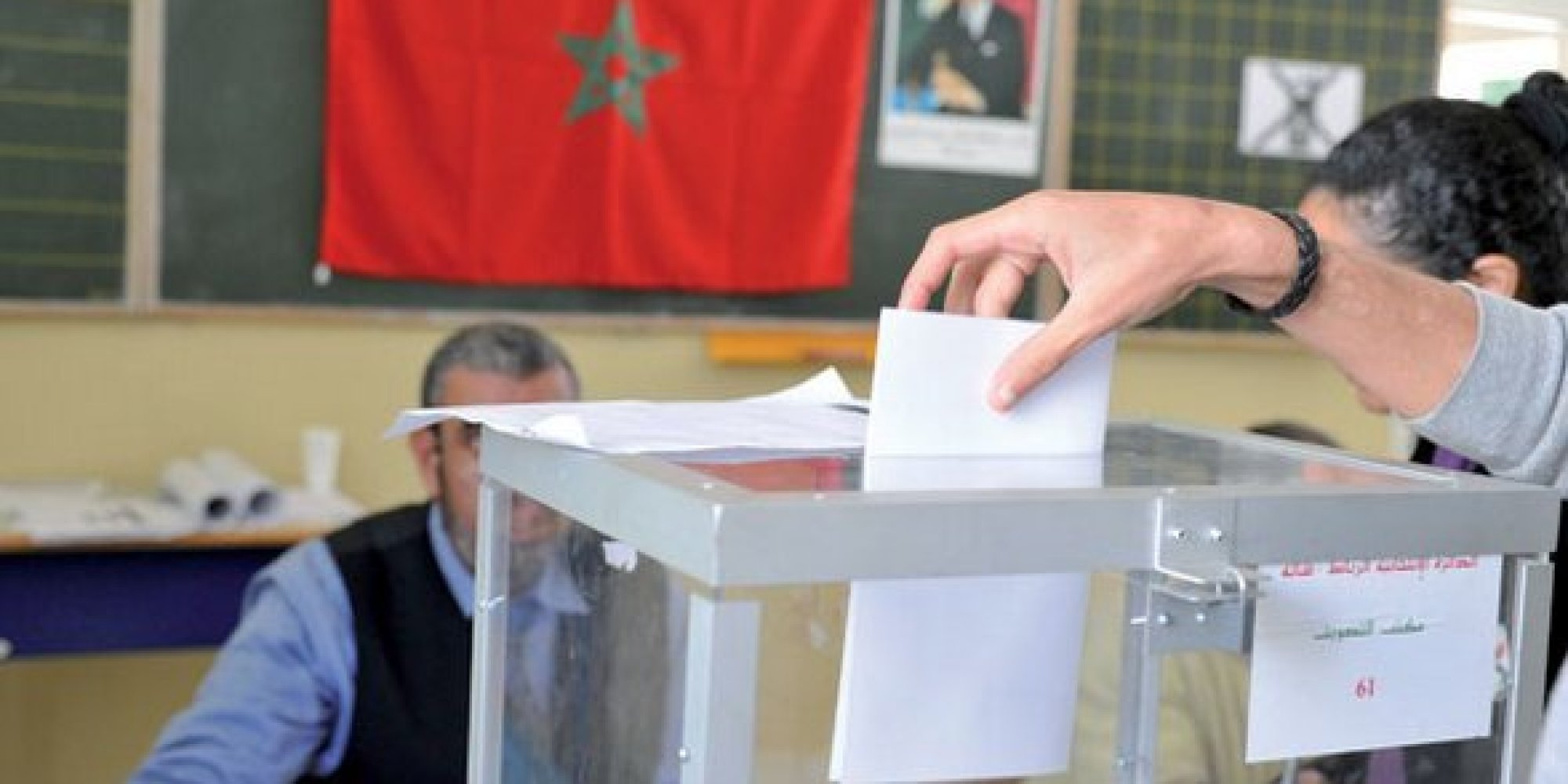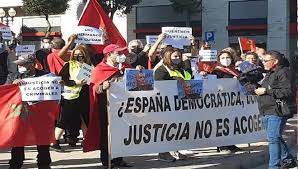Morocco and the Netherlands are boosting green hydrogen production cooperation, announced by delegations from both countries following a bilateral meeting on the sidelines of the World Hydrogen Summit & Exhibition 2022 in Rotterdam.
Partnership projects between Moroccan and Dutch operators in green hydrogen will soon see the light following the exchange on prospects of this cooperation between various actors of the ecosystem in Morocco and the Netherlands.
Representatives of the Moroccan Embassy in the Netherlands, Moroccan renewable energy company Masen, Iresen, Solar Cluster, ANP, ANRE, OCP, Nareva, Maghreb Steel, and the Ministry of Foreign Affairs represented the Moroccan side, while the Dutch delegation included the Netherlands Agency for Enterprise (RVO) the Dutch Association of Technology Employers (FME), the Port of Rotterdam, Vopak, Shell, Impact Energy, and Proton Ventures.
Dutch sector actors saw “significant potential” for Morocco to develop this new sector of energy transition, during a roundtable discussion on the prospects for Moroccan-Dutch cooperation in this field.
This meeting was an opportunity to highlight the achievements of Morocco in renewable energy, as well as to exchange on future partnerships between the public and private organizations of both countries.
“We are pleased to welcome countries from different regions to this summit, which brings together more than 6,000 participants this year,” said Edu Willemse, Senior Energy Advisor at RVO.
Willemse added that “the strong participation of the Moroccan delegation with public and private actors aims to facilitate the development of new partnerships between organizations in our two countries,” as the official is currently overseeing a trade promotion program for the Ministry of Foreign Affairs.
RVO’s energy advisor Claire Hooft Graafland echoed this view, noting the significant prospects for cooperation in renewable energy between Morocco and the Netherlands, and Europe in general.
“We have a great need for green hydrogen and we can not provide all the production here in Europe,” she specified, noting that “Morocco has a lot of solar and wind potential to invest in, and we believe that the conditions are right for the production of green hydrogen.”
The benefits of such cooperation, especially with a world-leading, producing country such as the Netherlands, will be mutually felt, according to Graafland.
For his part, the representative of FME, Jelle Blekxtoon noted that cooperation between both Kingdoms has the potential of being highly efficient and low-cost, explaining that “Moroccan and Dutch companies have every interest in working together to meet the growing demand for green hydrogen in the Netherlands and other countries, if we work together in the right way, we can go further in this field.”
To reach the goal of carbon neutrality by 2050, the transition to a hydrogen economy seems essential.
By that time, the molecule should account for 15% of the world’s final energy consumption, compared with almost zero today, according to the International Energy Agency and the International Renewable Energy Agency. Its share could even reach 20%, according to Bloomberg NEF.
Unlike fossil fuels, anyone can produce hydrogen, but conditions and costs differ, which is where Morocco can play a truly significant part in global production.



